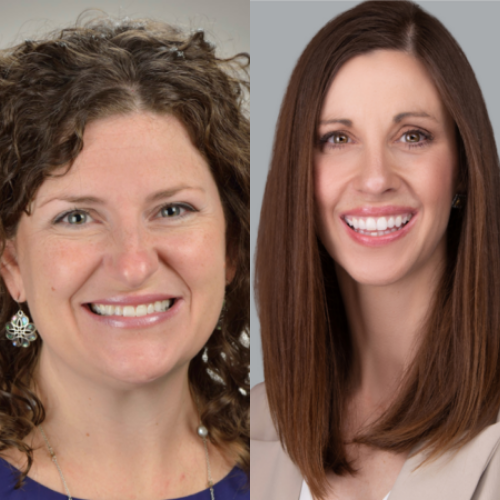
Trauma Informed Care in Oncology:: Leading with Compassion
Information
Recorded
-
-
Learning Objectives
Participants will be able to:
-
Define trauma.
-
Identify and describe 2 or more trauma related theories.
-
Explain Trauma Informed Care (TIC).
-
Identify 3 or more ways to apply TIC in Oncology settings.
Educational Goal
The educational goal of this workshop is for participants to gain an understanding of the research around trauma, the impact of trauma on health, and trauma-informed practices.
Description
In this session, participants will gain an understanding of the research around trauma, the impact of trauma on health, and trauma-informed practices. A case study will be used to demonstrate the application of trauma-informed models within oncology.
Target Audience
- Counselor
- Marriage & Family Therapist
- Psychologist
- Social Worker
- Substance Use Disorder Professionals
Presenters

Dr. Elizabeth Archer-Nanda has been an oncology nurse for 20 years, 16 as a board-certified psychiatric clinical nurse specialist. She is the founding provider and program leader of the Norton Cancer Institute Behavioral Oncology Program. The program was established in 2004 and has continued to grow to meet the evolving needs of patients served by Norton Cancer Institute. Her professional memberships include the Oncology Nursing Society (ONS), the American Psychiatric Nurses Association (APNA), and American Psychosocial Oncology Society (APOS). She serves as an advisor within Norton Healthcare around mentorship, top-of-licensure practice, and well-being. She is an active member of the Kentucky Board of Nursing Advanced Practice Council and is a Medical Advisory Member for Gilda’s Club Louisville.
Dr. Archer-Nanda has been active within APOS, fulfilling many roles during her membership including Bereavement Committee Chair, Conference Planning Committee, Awards Committee chair and member, and Secretary on the Board of Directors, and Executive Committee. She is interested in the development of sustainable models of care to ensure patients across cancer settings have access to psychosocial oncology care. As the former board liaison to the special interest groups, she is hopeful to revitalize participation in the SIGs and committees within APOS.

Dr. Meagan Dwyer is a Licensed Psychologist with over 14 years of experience working with patients and families facing one of life’s most challenging and complex situations – a cancer diagnosis. All areas of life are impacted by cancer – its symptoms, treatments, and side effects, as well as mental and emotional well-being. After working in Academic Medicine for 11 years, Dr. Dwyer founded Starboard Therapy and Coaching to provide psychological services aimed at addressing overall quality of life to aid patients in navigating their ship through stormy waters. Dr. Dwyer also provides therapy support to those grieving loss around cancer and other chronic or life-limiting illnesses and helps in reconnecting to meaning amid loss. As a researcher and trainer, she has experience working with healthcare and work stress, burnout, compassion fatigue, and compassion satisfaction in an array of professionals. Dr. Dwyer offers individual, group, and practice-level coaching services for physicians, nurses, advanced practice providers, or other professionals.
Financially Sponsored By
- American Psychosocial Oncology Society